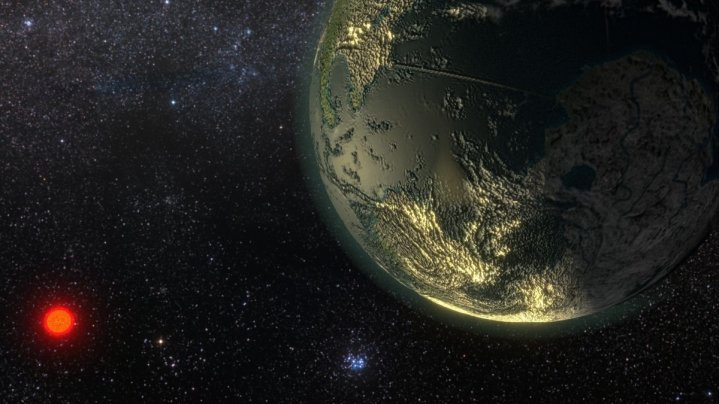
Scientists have come across a new exoplanet, which is capable of supporting life forms, theoretically, informed the European Southern Observatory (ESO). The organization discovered the planet, named Ross 128b, orbiting a star within the constellation of Virgo. Another good news is that the planet is located quite close to us, compared to the other such planets that have been discovered so far, at just 11 light years outside the solar System.
Although one light year is equal to 9.46 trillion kilometers, in terms of inter-galactic travel it is not that far, said Xavier Bonfils, an astronomer for the French CNRS research centre at the Grenoble Observatory for Sciences of the Universe to AFP.
"Ross 128b is very close, which will allow us to see it with a telescope such as E-ELT (European Extremely Large Telescope) in construction for 2025," Bonfils said.
Experts are currently suspecting that Ross 128b could potentially support life, as its mass is similar to that of Earth and also "its surface temperature could equally be close to that of Earth." These conditions make the planet quite capable of having liquid water, one of the most crucial elements of life as we know it.
As of now, several thousand exoplanets have been spotted by the scientists, however, only about 50 of them are considered to potentially harbour life forms.
Also Read: For the first time hyper-luminous rare galaxy duo spotted, what it means?
The next step for the scientists will be to see whether or not the exoplanet's atmosphere contains traces of water, dioxygen or methane.









